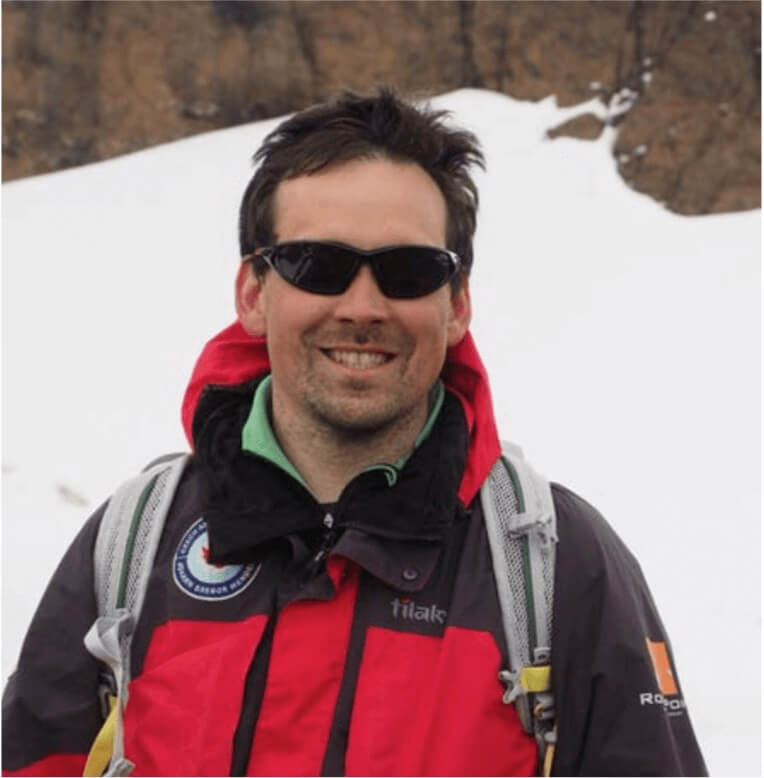 2017 SCAR Fellow Filip Hrbáček explored the effect of vegetation cover on active layer thermal regimes using analysis of climate and geoscientific data obtained over three areas in Antarctica.
2017 SCAR Fellow Filip Hrbáček explored the effect of vegetation cover on active layer thermal regimes using analysis of climate and geoscientific data obtained over three areas in Antarctica.
Mr Hrbáček is an Assistant Professor at the Department of Geography of Masaryk University in the Czech Republic. He was hosted by the University of Insubria in Italy, where he worked with Professor Mauro Guglielmin between 1st October 2017 and 30 June 2018.
The project aimed to identify the role of climate factors on the near-surface ground thermal regime and to explore the effect of different moss species on this thermal regime and active layer thickness. The data was obtained across three study areas in Antarctica by Czech and Italian research teams. A scientific paper on their findings is under review in Environmental Research Letters at the time of writing. He was also interviewed about the project in a Czech newspaper.
Mr Hrbáček remains in contact with Professor Guglielmin within the frame of SCAR’s ANTPAS research group, of which Professor Guglielmin is Chair. He hopes to continue his research on this topic in the future, and is exploring the possibility of further international collaboration between the Czech Republic and Italy.
Mr Hrbáček reflected “The fellowship allowed me to work with one of the most recognized experts in the field of permafrost research and learn a lot of theoretical as well as practical things related to the Antarctic research and gain more insight into the possible topics and hypotheses of the research. It was also a very interesting experience to stay in a different working environment and find out more about the differences in the education and university system between the Czech Republic and Italy.”
The full report is available on the Fellows webpages together with the full list of SCAR Fellows and available Reports.
The SCAR Early-Career Fellowship Programme is designed to encourage the active involvement of early career scientists and engineers in Antarctic scientific research, and to build new connections and further strengthen international capacity and cooperation in Antarctic research. The work must be carried out in a research group of a SCAR member country different from that of the applicant’s origin and current residence.
